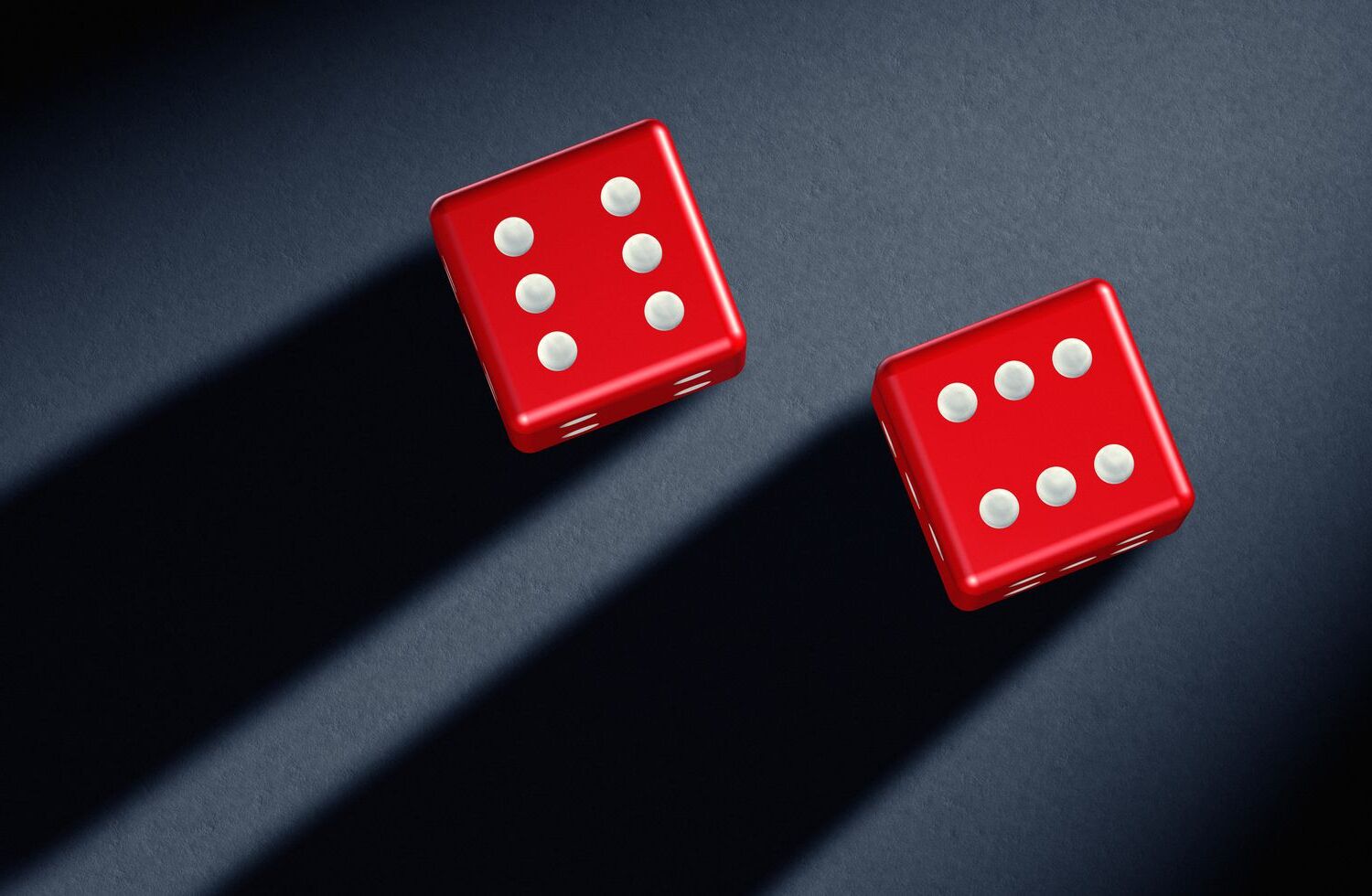
Probability is all about understanding the chances of something happening. Ever wondered how likely it is to win the lottery or get heads in a coin flip? That's probability in action! This concept isn't just for math geeks; it pops up everywhere, from predicting the weather to playing board games. Probability helps us make sense of the uncertain world around us. In this blog post, we'll dive into 20 fascinating facts about probability that will blow your mind. Whether you're a student, a teacher, or just curious, these facts will make you see the world in a whole new way. Ready to get started? Let's roll the dice!
What is Probability?
Probability measures the likelihood of an event happening. It's a fundamental concept in mathematics and statistics, used in various fields like science, finance, and everyday life.
-
Probability ranges from 0 to 1. A probability of 0 means an event will not happen, while a probability of 1 means it will definitely happen.
-
The sum of probabilities of all possible outcomes of an experiment is always 1. This ensures that one of the outcomes must occur.
Historical Background of Probability
Understanding the history of probability helps appreciate its development and applications.
-
Probability theory began in the 17th century. Mathematicians Blaise Pascal and Pierre de Fermat laid its foundations while solving gambling problems.
-
The term "probability" comes from the Latin word "probabilitas," which means "likelihood" or "credibility."
Basic Concepts in Probability
Grasping basic concepts is crucial for understanding more complex probability topics.
-
An experiment is any process that generates well-defined outcomes. Rolling a die or flipping a coin are common examples.
-
An event is a specific outcome or a set of outcomes of an experiment. For instance, rolling an even number on a die is an event.
-
The sample space is the set of all possible outcomes of an experiment. For a six-sided die, the sample space is {1, 2, 3, 4, 5, 6}.
Types of Probability
Different types of probability help in various scenarios and applications.
-
Classical probability is based on the assumption that all outcomes are equally likely. It's often used in games of chance.
-
Empirical probability is based on observed data. It estimates the likelihood of an event by dividing the number of times the event occurs by the total number of trials.
-
Subjective probability is based on personal judgment or experience. It reflects an individual's belief about the likelihood of an event.
Probability Rules
Certain rules govern how probabilities are calculated and combined.
-
The addition rule states that the probability of either of two mutually exclusive events occurring is the sum of their individual probabilities.
-
The multiplication rule states that the probability of two independent events both occurring is the product of their individual probabilities.
Applications of Probability
Probability has numerous real-world applications, making it a valuable tool.
-
In finance, probability helps assess risks and returns of investments. It's used in models to predict market behavior.
-
In medicine, probability aids in diagnosing diseases and determining treatment effectiveness. It helps calculate the likelihood of various health outcomes.
-
In sports, probability predicts game outcomes and player performance. It's used in betting and fantasy sports.
Fun Facts About Probability
Probability can be fun and surprising, revealing unexpected truths about the world.
-
The birthday paradox shows that in a group of just 23 people, there's a better than even chance that two people share the same birthday.
-
The Monty Hall problem demonstrates that switching your choice in a game show scenario increases your chances of winning.
-
In a coin toss, the probability of getting heads or tails is not exactly 50-50 due to slight biases in the coin's weight and shape.
Advanced Probability Concepts
For those who want to dive deeper, advanced concepts offer more complexity and insight.
-
Bayes' theorem calculates the probability of an event based on prior knowledge of conditions related to the event. It's widely used in machine learning and statistics.
-
Markov chains model systems that transition from one state to another. They are used in various fields, including economics, genetics, and game theory.
Probability: The Final Word
Probability isn't just for math class. It’s everywhere, from predicting weather to playing games. Understanding probability helps make better decisions. For instance, knowing the odds in a card game can change your strategy. It’s also key in science, helping predict outcomes in experiments. Even in everyday life, like deciding whether to carry an umbrella, probability plays a role.
Grasping these 20 facts gives a solid foundation. You’ll see patterns and make sense of randomness. It’s not just about numbers; it’s about understanding the world. Probability shows how likely events are, helping navigate uncertainty.
So next time you roll dice or check the forecast, remember these facts. They’re more than trivia; they’re tools for understanding and predicting. Probability makes the unpredictable a bit more predictable, turning chaos into something we can manage.
Was this page helpful?
Our commitment to delivering trustworthy and engaging content is at the heart of what we do. Each fact on our site is contributed by real users like you, bringing a wealth of diverse insights and information. To ensure the highest standards of accuracy and reliability, our dedicated editors meticulously review each submission. This process guarantees that the facts we share are not only fascinating but also credible. Trust in our commitment to quality and authenticity as you explore and learn with us.


